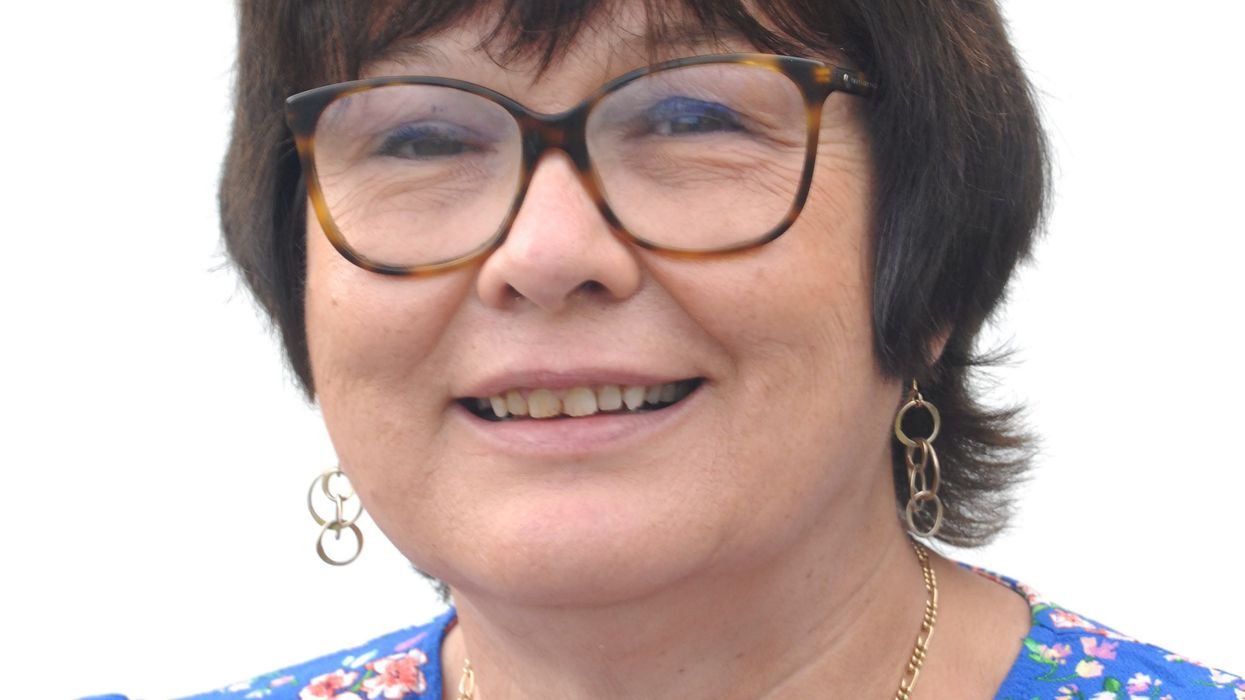The Royal Pharmaceutical Society (RPS) is set to transition into a Royal College after securing majority support from its members in a recent ballot. However, concerns have been raised about the long-term implications of this shift.
With a voter turnout of 31.4%, 6,144 out of 19,594 eligible members participated in the vote on the Royal Charter changes. Of those, 71.1% supported the transition, well above the required two-thirds majority for a Special Resolution Vote.
However, nearly 30% (28.9%) opposed the move, and a significant number abstained from voting, raising questions about the extent of member support.
The Pharmacists’ Defence Association (PDA) has also voiced concerns that the transition could lead to the RPS losing a key charter objective to "safeguard, maintain the honour, and promote the interests of pharmacists."
To better understand the role of a Royal College, Pharmacy Business contacted RPS President Professor Claire Anderson.
“Transforming the RPS into a Royal College dedicated to public benefits does not diminish its role in championing pharmacists,” she explained.
“Instead, it strengthens and deepens our position as a professional leadership body, which in turn also benefits other organisations in the pharmacy eco-system, including other professional leadership bodies, specialist pharmacy groups, trade unions, trade bodies, and the regulator.”
Professor Anderson emphasised that the outcome of the vote provides "a very clear mandate" from members.
“We put a huge amount of time and energy into encouraging as many members as possible to take part in this historic vote.”
“This started back in October 2024, when we travelled the length and breadth of GB to host roadshow events to engage with members and non-members, setting out the proposals for change and gaining feedback on them, and outlining the steps involved in taking the proposals forward. We were very clear that these changes would require members to take part in a Special Resolution Vote in early 2025.”
“Since then, we have been relentless in our campaigning, through every possible means, to encourage as many members as possible to engage with the change proposals and then cast their vote.”
She added that the strong voter turnout shows “the passion and commitment that so many feel about the future of the profession.”
“I know just how busy pharmacists are, particularly at a time where there is significant pressure on the pharmacy workforce, medicine shortages and changes in healthcare, so we are hugely grateful to every single person who took the time to vote.”
However, she also acknowledged that there is “a smaller group” who don’t currently support their proposals.
She assured that they will do everything they can to win their support and prove to them that “we’re on the right path – and that becoming a Royal College is the right thing for the profession and our collective future.”
“We have published our commitments as the Royal College of Pharmacy, which include a pledge to enhance member value and experience, and it's up to us to build trust with the entire profession by delivering on these and doing what we’ve said.”
Next Steps in the Transition
Professor Anderson reiterated that the successful vote was one of a number of steps required to become the Royal College of Pharmacy.
She confirmed that they have already received a positive indicative view from the Privy Council Office, with the formal process now underway, noting that “it reserves the right to propose changes up until Royal Assent is granted.”
“Similarly with the charity regulators in England and Wales, and Scotland, informal approval has already been obtained, but dialogue is ongoing and we now move to a formal process in the second half of 2025, as we also establish in detail how the Charity will work with its Subsidiary,” she said.
The RPS aims to complete the transition by Spring 2026, ensuring the necessary skills and resources are in place for a smooth changeover.
Alongside this transition, Professor Anderson stated, the RPS remains committed to its other strategic priorities, including its policy and advocacy agenda and transforming the experience of its members.
How the Royal College of Pharmacy will differ
Professor Anderson explained the role of the future Royal College of Pharmacy and how it will differ from its current form.
“A royal college is an organisation incorporated by a Royal Charter that has been permitted to call itself a royal college with the permission of the Privy Council and the approval of the Monarch,” she said.
“As the Royal College of Pharmacy, we will be a professional leadership body with a focus on education, learning and credentialing and supporting our members and the wider profession including by setting standards and issuing guidance.
“As the Royal College of Pharmacy, we will take a seat alongside the professional leadership bodies of other health and medical royal colleges, and have a louder, more effective voice to raise the profile of pharmacy, advocate for change, champion the role of pharmacists and the pharmacy team and advance the safe and effective use of medicines for the benefits of patients and the public.”
Professor Anderson encourages Pharmacy Business readers who may wish to find out more about their proposals and plans to explore the information on the RPS website and take a look at the FAQ section.













